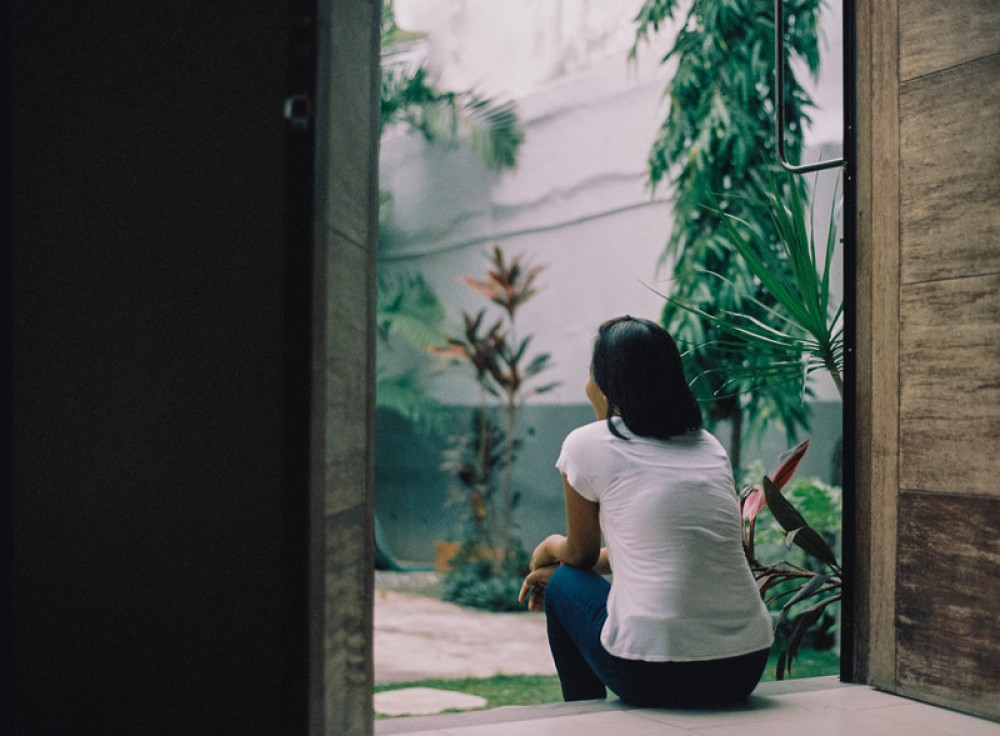Cassie* is a remarkable young woman from the Philippines. She is bright, charismatic and has an infectious smile. Today, she’s studying hard and is excited about her future but for nearly five years - from the age of 12 - Cassie was a slave.
From outside appearances, Cassie’s trafficker took good care of her. She was enrolled in a good school, she wore new clothes, and had a notebook and backpack for the first time in her life.
But behind closed doors, every day when she came home from school, she was raped and abused for an online audience.
She said: ‘He hurt me every day, I was very scared. I was lonely and far away from my family.’
Cassie’s trafficker successfully hid his crimes from unwanted eyes for many years. During the time Cassie was held by her captor, he preyed on the children of family friends, and his nauseating reach eventually extended to a 5-year-old boy and a girl less than a year old.
One Friday night, Cassie came home from school, knowing that the weekend ahead of her held untold terror. That night, Cassie woke up to loud noises. Police were there to rescue her from the home where she had suffered for nearly five years.
“I was very scared. I was crying,” Cassie recalls. An International Justice Mission social worker was there that night, and she told Cassie that she and the other children were not in trouble. They were being rescued. They were finally safe.
45 million people live in slavery today. One in four are children like Cassie. Modern slavery takes many forms - from forced labour in brick kilns to sex slavery in brothels. Cassie was a victim of a new and disturbing form of slavery called cybersex trafficking.
International Justice Mission UK’s Ruth Cooke explains:
‘Cybersex trafficking is a new and horrific form of abuse where paedophiles can go online anywhere in the world and direct the live sexual abuse of children over a webcam. Many of these boys and girls are under ten years old. It is a growing problem for many reasons - such as easy access to the internet, the equipment needed (just a webcam or mobile phone) and - in the Philippines particularly - the widespread use of English that means western customers can be easily understood.’
The problems of cybersex trafficking and slavery are growing. The good news is that organisations like International Justice Mission – the world’s largest anti-slavery charity - are ramping up their response to it.
Ruth Cooke said:
‘There is hope. IJM has rescued thousands from slavery and has helped transform justice and law enforcement systems to stop the problem at the root. We know that with enough funds, prayer and support it is possible to end slavery in our generation.’
Our heavenly Father is not overwhelmed by injustice. Psalm 10 promises us that He hears the desires of the afflicted, He listens to their cry and He takes action defending the fatherless and the oppressed. He is the source of all justice.
The end of slavery starts with us, with our churches. Join IJM by giving, praying or supporting the fight until all children like Cassie are free: www.ijmuk.org
*A pseudonym
